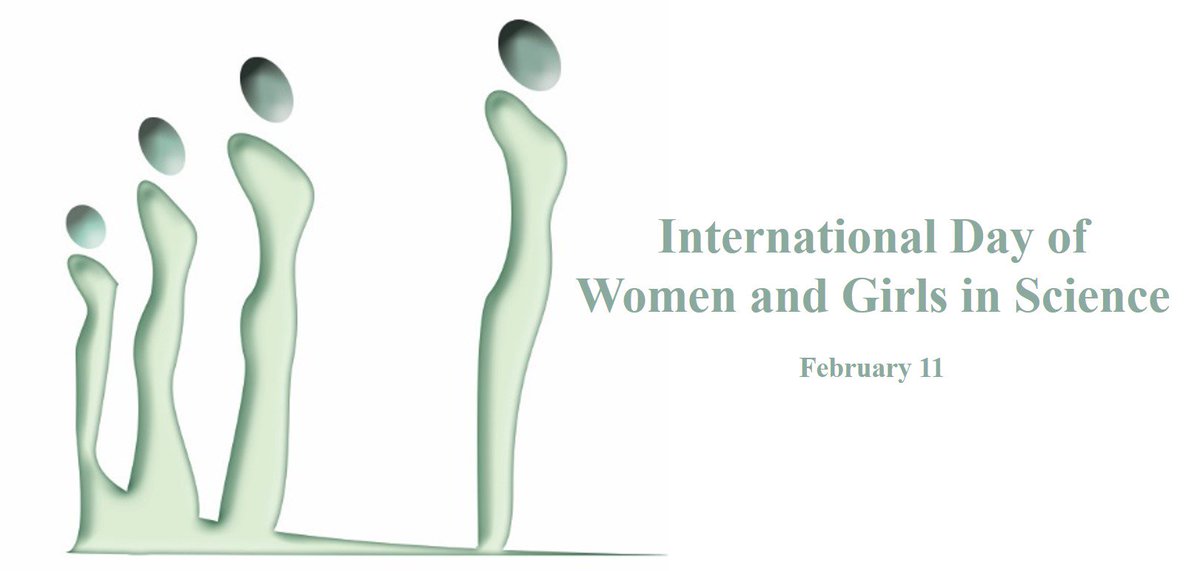International Day of Women and Girls in Science: Progress in Equality, but Still Work to Do
Kate Young, MP, London West
Kate Young, MP, was first elected Member of Parliament for London West in October 2015. She is the Parliamentary Secretary for Science and Sport; and the Parliamentary Secretary for Public Services and Procurement and Accessibility (Accessibility).
Prior to being elected, Kate had a lengthy career in journalism and public relations in both the private and public sector. Best known as the first female news anchor at CFPL-TV in London, Kate was also the Manager of Public Affairs and Community Relations for the Thames Valley District School Board and Manager of Community Relations at TD Financial Group.
As a community organizer, Kate has volunteered much of her free time with organizations that directly impact the city of London.
Kate has a diploma in Journalism (Broadcast) from Fanshawe College and is the proud mother of two children. She is also a grandma to twin boys.

As we celebrate the 2019 International Day of Women and Girls in Science, it’s important to take stock of the recent progress we’ve made in Canada on promoting equality in the sciences but also the work that remains ahead of us. I am very proud to serve as the Parliamentary Secretary to the Minister of Science and Sport, the Honourable Kirsty Duncan, and to serve my constituents in London West and all Canadians on this important file.
Within the research ecosystem, inequity still persists for women, persons with disabilities, Indigenous peoples, visible minorities, and LGBTQ2 individuals. It is undeniable that when our labs, classrooms and boardrooms truly represent the Canada we see today, we benefit from the wide range of perspectives and talent that make our science and society better.
In a competitive global economy, Canada can’t afford to leave talent on the sidelines. That’s why the federal government has made changes to some of our most prestigious research positions so that more women – as well as persons with disabilities, Indigenous peoples and members of visible minorities – have a shot at obtaining these coveted roles. For example, we have already appointed 25 Canada 150 Research Chairs and I’m happy to say that 60 per cent are women!
Here are some other advances we’ve made:
- Budget 2018 set aside $1.7 billion for our granting councils and the support is tied to the expectation to develop new plans to achieve greater diversity among funding recipients;
- Collection of better data on underrepresented groups to inform grant council programs; and
- We will soon be adopting a made-in-Canada version of Athena-SWAN – an internationally recognized program to advance equality and diversity at post-secondary institutions.
We’ve also launched a campaign to highlight female role models in science and encourage girls to #ChooseScience. To learn more about these exciting stories, please visit this website.
We’ve also invested $50 million in CanCode to teach young Canadians digital skills like coding and $10.8 million in the PromoScience program, which supports science camps and activities that reach up to one million Canadian youth each year.
We have also launched a Citizen Science Portal and launched the #ScienceAroundMe hashtag.
And recently, a Canadian—Donna Strickland became the first woman to win a Nobel Prize in Physics in 55 years; our government was proud to name Canada’s first female Chief Science Advisor, Dr. Mona Nemer, a celebrated scientist specializing in molecular genetics and cardiac regeneration; and here in Ontario, the Ottawa Hospital has its first female Chief of Staff, Dr. Virginia Roth.
These are incredible gains, but I know there is still so much work to be done. Our government is committed to returning science to its rightful place in Canada and to a research environment in where women’s voices are heard and valued equally.
Increasing public awareness of the importance of research also helps to inspire Canadians to be innovative, to appreciate the role of research in advancing our health, wealth and well-being, and to respect the role of sound evidence in informing decision-making at all levels of government. In a global environment where trust in science is at risk, these initiatives are all the more important.
Not only are careers in research highly rewarding, we also know that improving youth participation in science-based education and increasing awareness of STEM careers will boost the supply of talented and innovative people who fuel Canada’s economy.
So, as we celebrate the International Day of Women and Girls in Science, to young women I say this: when you choose science, you choose to make history!
Whether you are interested in research or a different career path, I urge you to continue to ask the inspirational questions, to challenge the status quo and to push past any roadblock you find. When we add women, we change the world.






